If you click on a link and make a purchase we may receive a small commission. Read our editorial policy.
Why Captain America quit: The political crisis that reshaped Marvel’s most iconic patriotic symbol
Steve Rogers quit being Captain America to show the US hero doesn't always agree with the US government
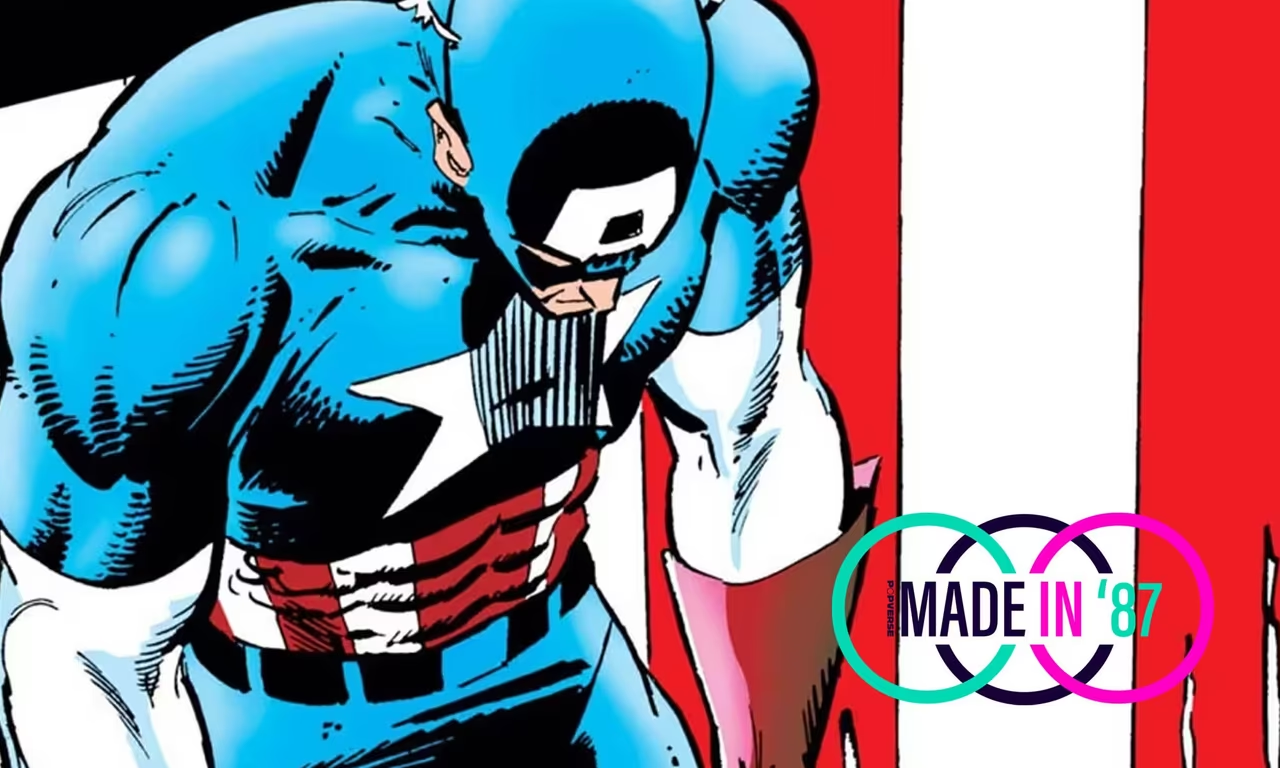
Popverse's top stories
- Buffy the Vampire Slayer's Seth Green wanted to leave season 3 to do two dream movies - it came down to a legal battle
- After his Marvel exit, Todd McFarlane almost joined DC for a Batman series instead of Image's Spawn... but DC couldn't afford him
- Scream 7: release date, cast, Ghostface killers, trailer, and how it connects to the original movies
Captain America is a symbol of America. But what happens when the symbol of America finds himself at odds with the American government? Where does the nation end and the American government begin? In 1987, this was Captain America’s struggle. Faced with questions of patriotism, duty, and morality, Steve Rogers did the unthinkable and gave up the Captain America mantle. ‘Captain America No More’ (also known as ‘The Captain’) was published in Captain America #332-350, and it remains one of the most iconic (and thought-provoking) storylines ever told about the character.
Lowering the flag
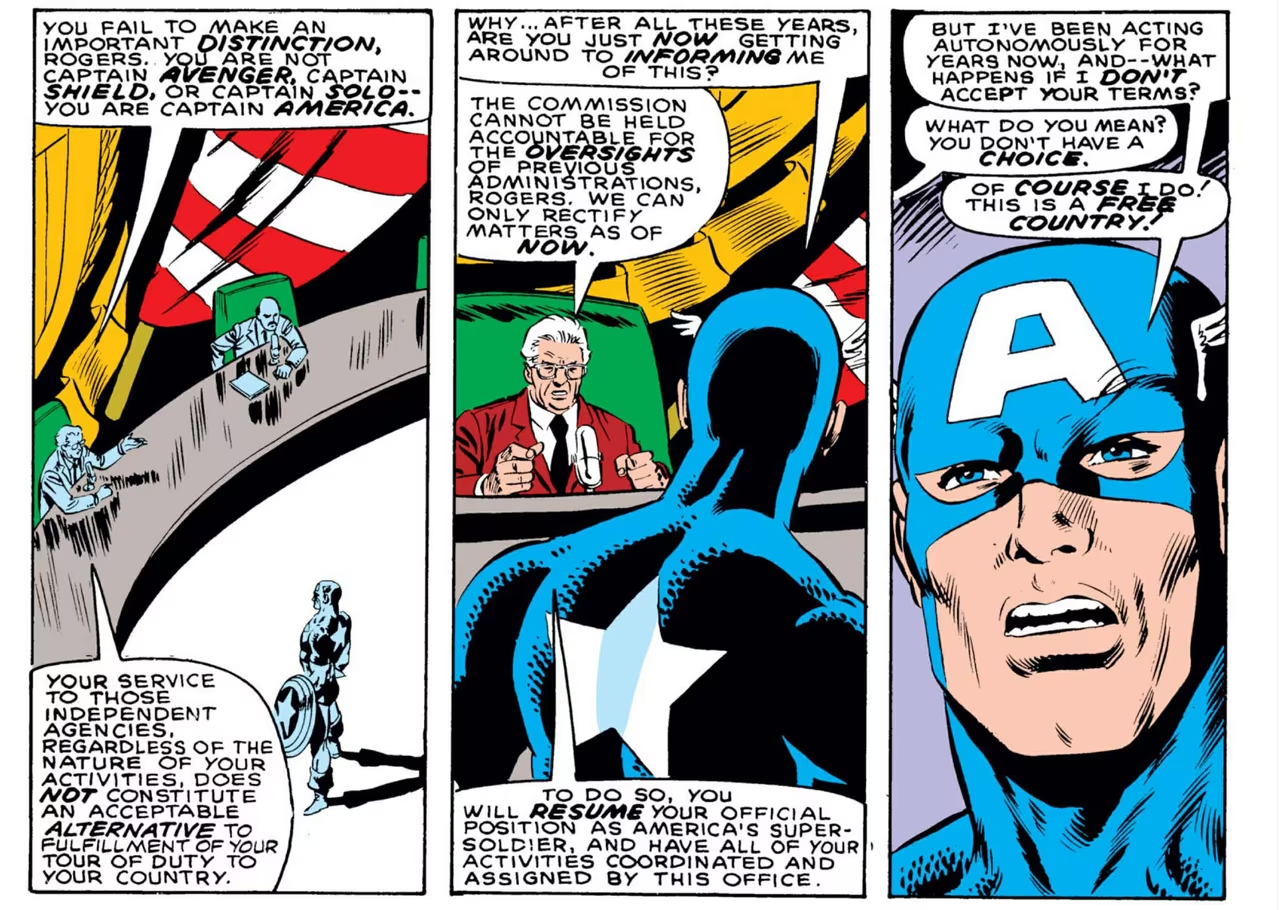
Captain America made his debut in 1940 during the rise of World War II. However, the America of 1987 was not the America of 1940. The nation was in the midst of the AIDS crisis, the Iran-Contra affair, and a stock market crisis. Corporate greed was ruling the country, and Americans no longer trusted their government to keep them safe.
The nation wasn’t the only thing that had changed. Captain America was introduced as a United States agent born from a government program. However, the character had evolved into a solo adventurer. He still proudly wore the flag and stood for America’s ideals, but he was no longer an extension of the US government. The US government tried to change that in 1987.
Captain America #332 begins with Cap being called before the Commission on Superhuman Activities, a government agency that reports directly to the president. The bureaucrats in the agency tell Cap that his original government contract still stands, requiring him to operate under their command. “You are not Captain Avenger, Captain S.H.I.E.L.D., or Captain Solo – you are Captain America,” one bureaucrat tells him. “Your service to those independent agencies, regardless of the nature of your activities, does not constitute an acceptable alternative to fulfilment of your tour of duty to your country.”
They remind Cap that the shield and mantle are their intellectual property, and if he wishes to operate as Captain America, it must be under their supervision. “What reason could you possibly have to disobey a presidential mandate? Have you not pledged yourself to the service of your country? We are America, Rogers. We are your commanding officers. It had not even crossed our minds that you would have any difficulty obeying our directive.”
Steve Rogers is unsure of how to proceed. If this were World War II, he would have no trouble answering his country’s call, but America had changed. He worried about losing his freedom or the United States ordering him to get involved in a conflict he didn’t agree with. However, he also knew how important Captain America was as a symbol and worried about what it would mean for the country’s morale if he stepped down. He also worried about the government handing the Captain America mantle over to someone who would disgrace it.
Steve requested 24 hours to think things over, and he spent the next day consulting with various friends as he pondered the situation. “Those men are not my country,” Steve muses. “They are only paid bureaucrats of the country’s current administration. They represent the country’s political system while I represent those intangibles upon which our nation was founded…liberty, justice, dignity, the pursuit of happiness.”
“That really is my major stumbling block with their plan for me. By going back to my wartime role as a glorified agent of America’s official policies, I’d be compromising my effectiveness as a symbol that transcends mere politics.”
In the end, Steve’s choice was clear. The next day, he returns to the Pentagon, where he drops off his shield and costume, explaining his decision with a powerful monologue.
“Captain America was created to be a mere soldier, But I have made him far more than that. To return to being a mere soldier would be a betrayal of all I've striven for, for the better part of my career. To serve the country your way, I would have to give up my personal freedom... And put myself in a position where I might have to compromise my ideals to obey your orders. I cannot represent the American government; the President does that. I must represent the American people.”
“I represent the American Dream, the freedom to strive to become all that you dream of being. Being Captain America has been my American Dream. To become what you want me to be, I would have to compromise that dream...abandon what I have come to stand for. My commitment to the ideals of this country is greater than my commitment to a 40-year-old document.”
And with that, Captain America had officially broken up with the United States government.
In 1987, the iconic Teenage Mutant Ninja Turtles cartoon debuted - and all our lives were changed. Watch this reunion of the original voice actors:
Changing of the guard
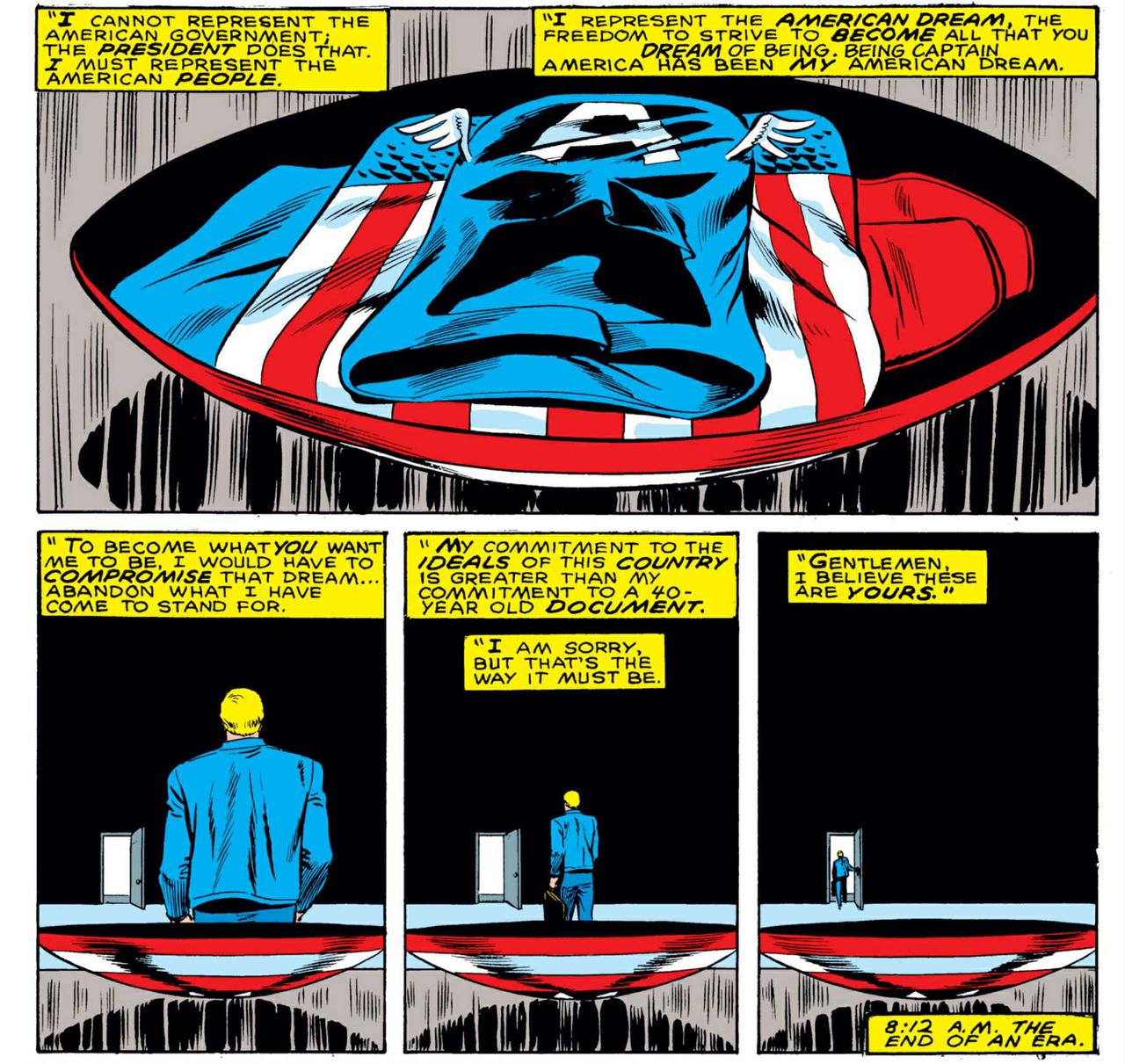
Mark Gruenwald decided to write ‘Captain America No More’ after receiving fan mail that made him rethink Cap’s relationship with the United States government. “Does Captain America automatically support the decisions and policies of any presidential administration, or does he have a mind of his own,” Gruenwald writes in a 1987 Marvel Age article.
“I realized that the reason why people were asking this question was because no Cap writer has ever done a story which brings this issue into sharp focus: Just what is the relationship today between Cap and the government? Judging by the mail, I think fans have a lot of erroneous assumptions about Captain America’s personal beliefs.”
While Reagan’s name was never said in Captain America #332, his presence was felt. The ‘80s saw a big rise in conservative politics, and Gruenwald believed that it didn’t represent who Cap was.
“They somehow think he should be a conservative Republican despite the fact that he assumed his position during FDR’s Democratic era. Cap is truly non-partisan, not liberal or conservative. He doesn’t represent any particular administration. He represents the entire country and its people.”
This wasn’t the first time Steve had stepped down from the Captain America mantle. He had previously abandoned the uniform in the 1974 storyline Secret Empire after learning that the United States president was working with an evil organization. In the aftermath, Steve Rogers temporarily took on the identity Nomad. The writer, Steve Englehart, had been inspired by Watergate.
However, Gruenwald explains that Captain America No More is different because in Secret Empire Steve was leaving of his own free choice, and adopting the Nomad identity was him making a political statement. In this case, Captain America was backed into a corner by the government and forced to reexamine his relationship with the nation and the American dream.
After Rogers stepped down, the government appointed John Walker as the new Captain America. Walker had previously operated as Super-Patriot, a former antagonist of Cap who believed that the hero was out of touch with the nation. Gruenwald stressed that while Walker didn’t share Steve’s ideology, he was still a patriot in his own way. However, he was more representative of the eighties vision of the American dream – power and greed.
“John Walker’s heart is in the right place. He wants to be a good man – a hero. But unlike Steve Rogers, he sees nothing wrong with using his power and position for personal gain. I guess he’s got a very yuppie view of heroism. Make no mistake, Walker is a patriot – he loves America just as much as Steve Rogers does. But other than that, anything that can be different about two men is different.”
“Walker’s love of capitalism isn’t ugly or un-American, it just has nothing to do with what Captain America stood for before.”
Status quo is king, and by Captain America #350 Steve Rogers had reclaimed the mantle once again. In the end, Gruenwald’s goal was to challenge the way readers see Captain America and reaffirm what he stands for. “I also hope the fans gain a new respect for Steve Rogers, a man who is so committed to his ideals that he is willing to walk away from everything that is meaningful to him.”
In the end, that’s what true patriotism is.
Get your wide-shoulder blouses and your Members-Only jackets, and go back in time with Popverse's Made in 87. Highlights include:
- Marvel Comics killed the X-Men in 1987 to reset the franchise - but it didn’t stick
- The Full House cast addresses some of the series’ biggest continuity errors
- How Spider-Man’s Macy’s Thanksgiving Day Parade balloon was saved by a fired Marvel boss — and Ronald McDonald
- How NBC panicked after Diane left Cheers — and why Kirstie Alley’s casting sparked a quiet battle inside the hit show
- How Bart Simpson was quietly toned down from being "so mean" before The Simpsons' first episode, as revealed by his long-time voice actor Nancy Cartwright
- The 1987 Justice League reboot that made superheroes weird, hilarious, and unexpectedly human
- How The Golden Girls became a staple at gay bars in the 80s
Follow Popverse for upcoming event coverage and news
Find out how we conduct our review by reading our review policy
Let Popverse be your tour guide through the wilderness of pop culture
Sign in and let us help you find your new favorite thing.






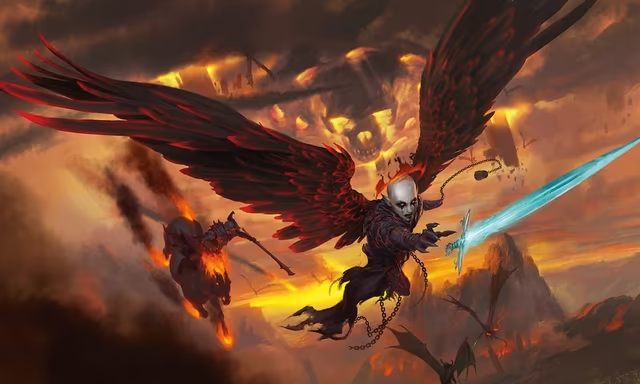
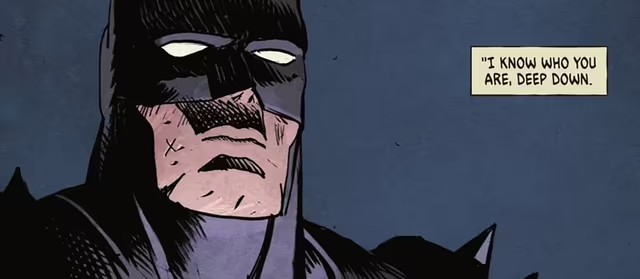

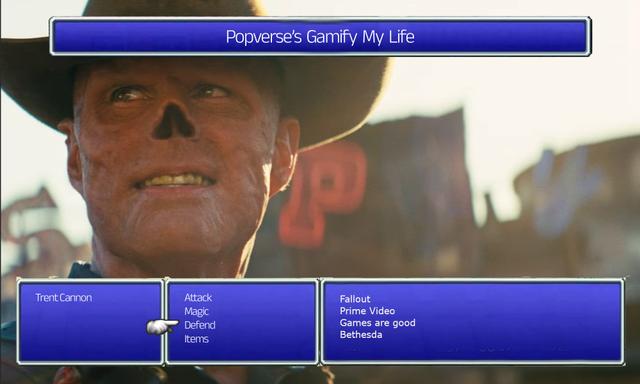






Comments
Want to join the discussion? Please activate your account first.
Visit Reedpop ID if you need to resend the confirmation email.